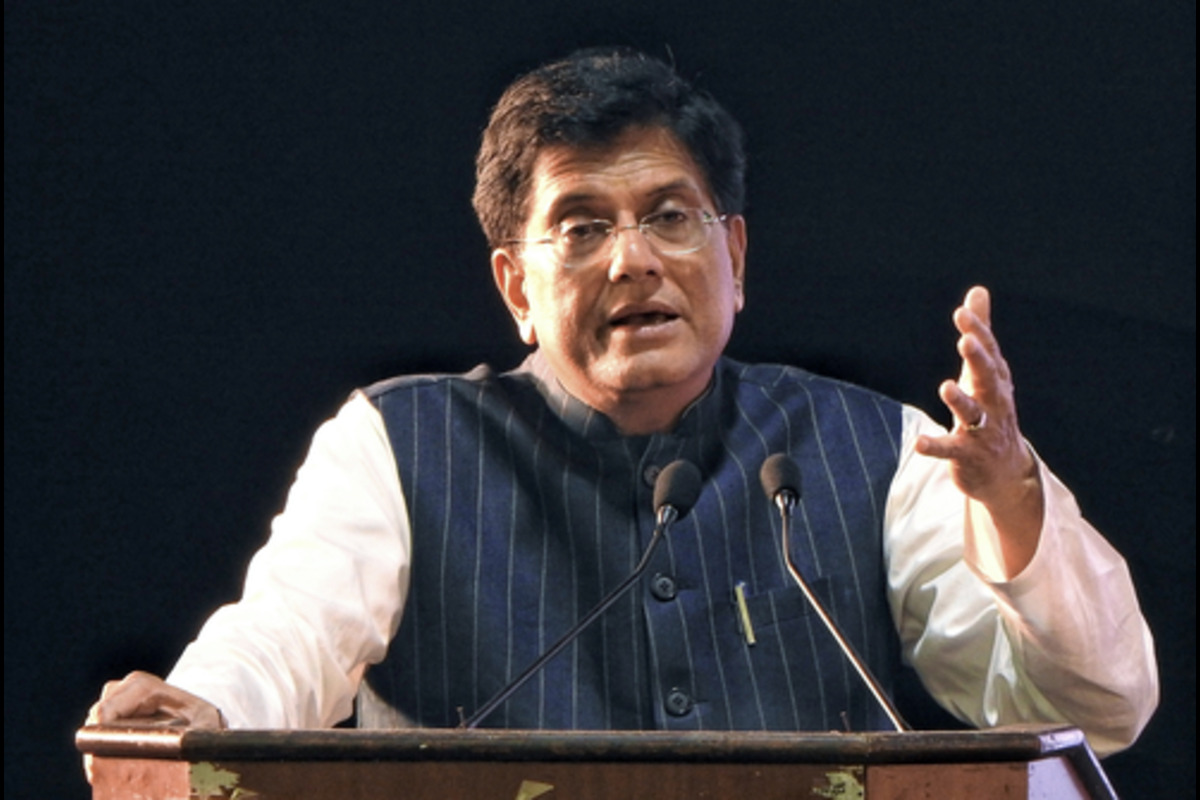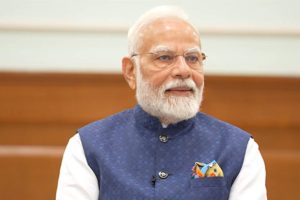On completing 10 years of the ‘Make in India’ initiative, Union Commerce and Industry minister Piyush Goyal highlighted that after the launch of the initiative, the imports of mobiles declined by around 85 per cent.
The minister stated in a social media post on Wednesday that before the launch of the ‘Make in India’ initiative the mobile imports of the country in 2014-15 were Rs 48,609 crore which reduced to Rs 7665 crore in 2023-24.
He also highlighted that the manufacturing jobs in the country also grew by 200 per cent from 2022 to 2024. He also shared that 99 per cent mobile phones in the country are now Made in India.
“Today marks #10YearsOfMakeInIndia, a transformative initiative launched by PM@NarendraModiji in 2014, which has revolutionised India’s manufacturing landscape and strengthened our economic growth. Over the past decade, @MakeInIndiahas become a national force, paving the way for our country to emerge as a Global Manufacturing Hub” said Goyal in a social media post on ‘X’.
The Minister also highlighted the profound impact of Make in India on the country’s industrial landscape. He noted that the initiative aligns with PM Modi’s vision of promoting ‘Brand India’ as a symbol of innovation and quality worldwide.
He stated that over the past decade, several transformative reforms have been introduced, including the landmark Production-Linked Incentive (PLI) scheme, which targets key sectors to enhance manufacturing capabilities.
The government has also made strides in improving the ease of doing business and attracting Foreign Direct Investment (FDI), creating a conducive environment for businesses to thrive.
Minister Goyal also emphasized efforts to strengthen the startup ecosystem and generate employment opportunities.
“Dedicated efforts have been made to enhance the ease of doing business and attract Foreign Direct Investment (FDI), with the government acting as a key enabler to foster a conducive environment for businesses and investors” the post added.
In his statement, Goyal also noted that Make in India has laid a strong foundation for the country’s journey towards becoming a Viksit Bharat (developed India) by 2047, setting the stage for future industrial and economic growth.





